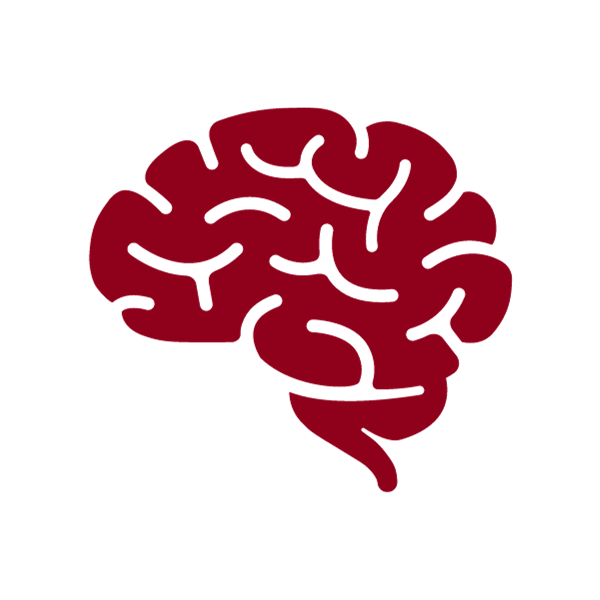There are 100 trillion connections between neurons in the human brain, grouped together into billions of distinct networks in which brain cells work together at the speed of thought. The brain can also be quite adaptive and malleable (plastic), which provides hope for therapies. However, very little is known about the interconnected webs of cells that form the brain's fundamental architecture.
How do brain cells work together? How does this change as a result of disease? We seek to answer these questions and determine how protective, regenerative and restorative strategies—including pharmacotherapy, gene therapy, exercise and deep brain stimulation—improve brain circuit function in patients with brain disorders. By understanding and manipulating brain connectivity in meaningful ways, we can develop effective treatments for neurological disorders.
The ultimate goal of uOBMRI is to incorporate and represent all brain- and mind-related activities in a cohesive fashion. In consultation with our stakeholders and the uOBMRI Scientific Council, the institute has generated a multiphase plan of action with the initial focus on the following areas of strength and expertise.












